We’re excited to have Henry Strick guest post for us about The Future Book Conference. A lot of the takeaways are applicable to self published and indie authors as well.
Key Takeaways from FutureBook 2012
Last week I attended the excellent Futurebook 2012 conference (#fbook12) organized by The Bookseller in London with over 700 people from the publishing industry attending. It was an inspiring forum to discuss and reflect on the future of publishing.
Publishing, as long as it has existed, has been there to connect author and reader, and create value for both. Here is a range of ideas I picked up at the conference.
Digital fundamentally changes publishing
Digital should not be seen as a market, or even a distribution channel. It is much more fruitful to see it as a platform, or as a new way of imagining and re-creating the “product” provided by the author to the reader. “The best platform for a purpose”.
There is a fantastic pace of change in a range of industries relevant to publishing – the digital revolution, software revolution, hardware, e-readers and tablets, education. Publishing needs to respond to this and use the opportunities presented.
The first e-book reader, Kindle, was launched barely five years ago. Now almost everyone is producing books with e-readers in mind. Education is more and more influenced by e-learning opportunities. A number of publishers are diversifying into producing apps utilizing their content (Shakespeare; maps; historical information), or computer games.
The FT ’s Leyla Boulton asked, ‘What can we learn from Amazon?’ (who were of course not present!). Some answers lie in the following practices of Amazon: Customer focus. Emphasis on adding value. Partnering. Speed of change. Market and segment analysis. Agile development.
Several of the publishers showed how they are planning to shift their business model from mainly using a book platform to a complete and varied digital presence on the Web. For example:
- Lonely Planet have online travel information, and a pilot project to diversigy into travel planning and booking online, as an alternative to their physhcial guides, with more and more features different from the corresponding books.
- Osprey is using a number of sites to market their military history books, railways books, nostalgia, and vintage book reproductions online. On their military history site they have an active following of readers participating in a forum and blog comments about their books, which they have expanded in giving their readers a substantial influence on what they will publish next, with consequent impact on the success of the books, which when published on the basis of reader demand have an established customer base even before publication.
- Hachette are starting to reuse archive content by making it available on the web and (re-)selling it there.
- Sourcebooks in Chicago have a particularly attractive site that shows how they involve their readers, use them for feedback, have an agile publishing model, focus especially on children, educators and librarians with interactive and customizable books, and are developing a growing line of apps, including their Shakesperience product.
Be innovative in using content
Charlie Redmayne, CEO of Pottermore , was one of the most impressive speakers. He thinks the publishing industry has always been innovative and creative and will remain so. Pottermore has responded to the digital revolution by branching out widely into selling a range of non-book derivative products on their website, and have made a unique deal with Amazon to co-operate with them in selling their range, including selling on a DRM-free basis. He emphasized focusing on branding, and particularly on ‘fan bases’, as a wider concept than individual readers.
Redmayne’s key points:
- Content can be monetized in many ways.
- Don’t think that the game has ended with e-books as they now are.
- Think “content proposition” in as wide a sense as possible.
Analyze your reader audiences
Anna Rafferty (@raffers), MD of Penguin Digital in the UK gave another excellent talk. She gave a range of examples of segmenting audiences (e.g. knowing that watchers of Penguin podcasts are relatively heavy buyers of books and e-books, and tend to be brand-loyal, whereas users of Twitter and Soundcloud tend to be young and often activate traffic allows the optimizing of what content is presented via these channels), and being creative in what platforms and instruments to use. E-mail remains essential (as analyzed by Mashable ). Podcasts and many social media channels can be used effectively. User profiles per channel can be analyzed. Twitter is the “interest network”.
There are author brands and there are publisher brands. At the top end, author brands were, are, and probably will remain the most important.
Focusing on the readers / customers
A major common theme was the importance of focusing systematically on creating value, especially for the readers / users / customers. Many business methods or models can be used.
These are some examples given by the speakers indicated about new developments in their companies: – Many players in the publishing industry are already agile (using some of the latest lean & agile start-up methods), platform-oriented, customer-centric and fundamentally innovative. If the product has to be completely disrupted and re-invented, under the influence of the digital revolution, it will. (e.g. Simon Johnson, Group MD Harper Collins UK via Vicky Hartley (@VixHartley))
– Make the web attractive for particular user communities.
– Crowd-sourced commissioning is growing, and not only for software books. (as practised e.g. by Rebecca Smart (@rebecsmart), CEO Osprey ; and by Harlequin / Mills & Boon ).
– Eliminate intermediaries between author and reader, and give the reader more influence on what is “published”. (D. Raccah (@draccah), CEO Sourcebooks ).
– Readers may be very happy to read ‘book products’ early, even when they aren’t fully polished yet, especially in non-fiction. (M. Tamblyn (@mtamblyn), Kobo )
– Modern organizational models can be especially useful in publishing, as illustrated by Will McInnes (@willmcinnes) of NixonMcInnes, who expands on this in his recent book Culture Shock , quoting Ricardo Semler as well as John Boyd. (ref. Nick Harkaway (@Harkaway))
– Analyzing data about readers and their segmentation and habits was illustrated by several presenters. This may be useful and add value, regardless of worries about privacy and data protection. Special strategies for education, or for children, can be very viable.
– Invite reader comments and reviews on your website, whether it’s favourable or not (Harlequin / Mills & Boon – who started using the web earlier than most, use this practice a lot)
Intellectual property rights
There was a major discussion, especially in the closing panel, about intellectual property rights – “defending the value of the word and of authors”. There seemed to be much agreement that rights management is vital, that piracy is bad, and that copyright cannot be abandoned. And there was a strong view that this does not require being in favour of DRM. DRM was vigorously defended by Ursula Mackenzie, CEO Little, Brown ( Hachette ), and President of the Publishers Association . Personally I thought it sounded defensive, and made the industry sound defensive. Several examples were quoted of successful experiments with managing, protecting, and monetizing copyright while selling e-products without DRM (e.g. Pottermore ; Macmillan in science-fiction (@torbooks))
NB: I take responsibility for what I write here as my impressions of what I heard was being said. What I attribute to named people is what I believe they said, and to emphasize that I don’t claim any originality for it.
______

Henry Strick isthe content strategist for the Karnacology website of Karnac Books Ltd in London, UK, a publisher specializing in psychotherapy and mental health. Henry used to work for a major multinational, has almost finished his retraining to be a psychotherapist, and tweets as @henrystrick .

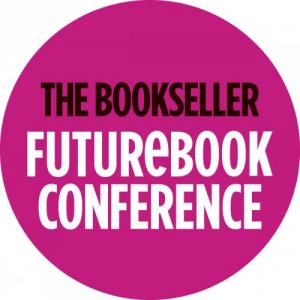
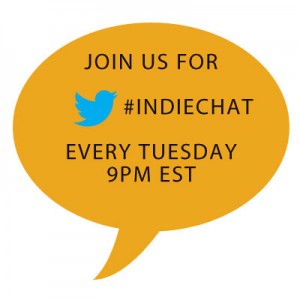
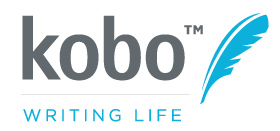
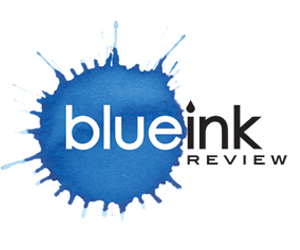
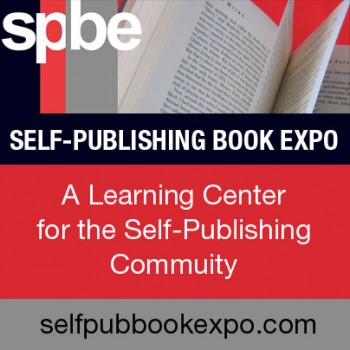
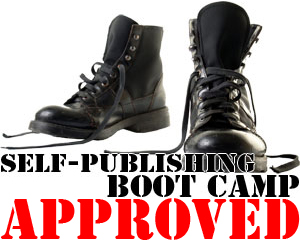

Follow Us!